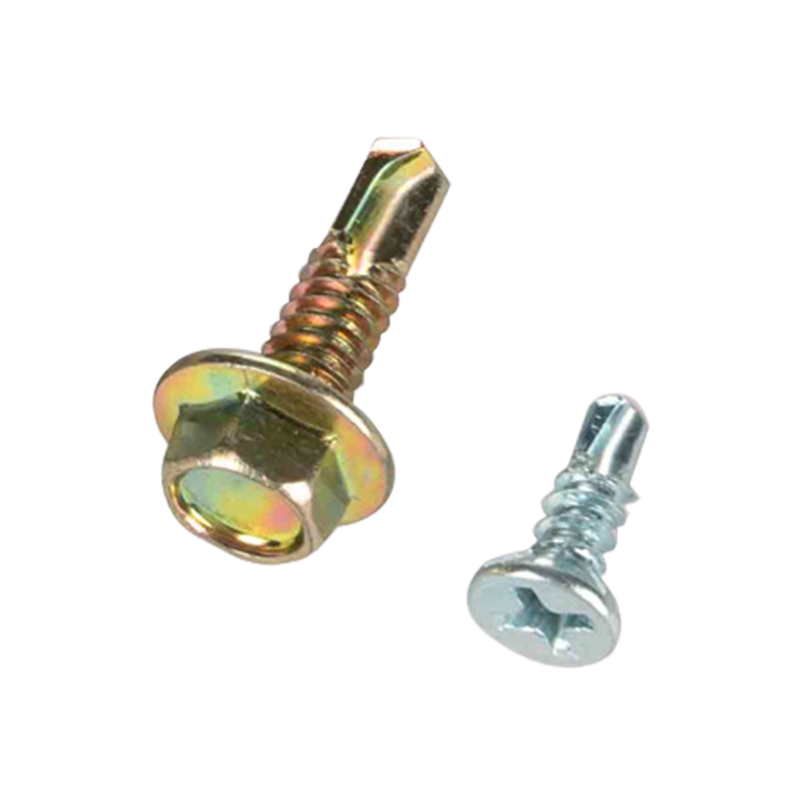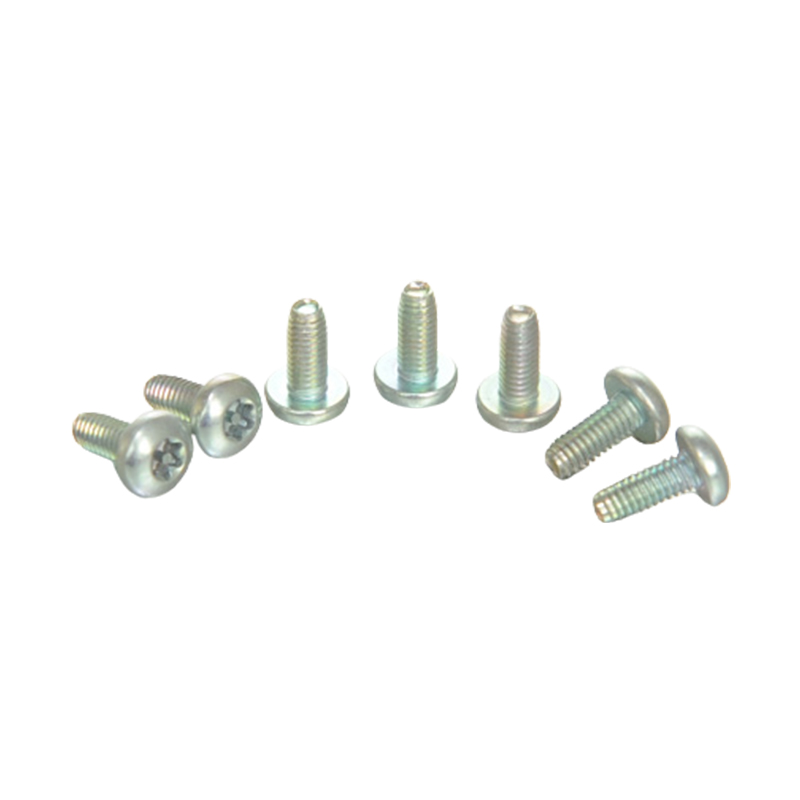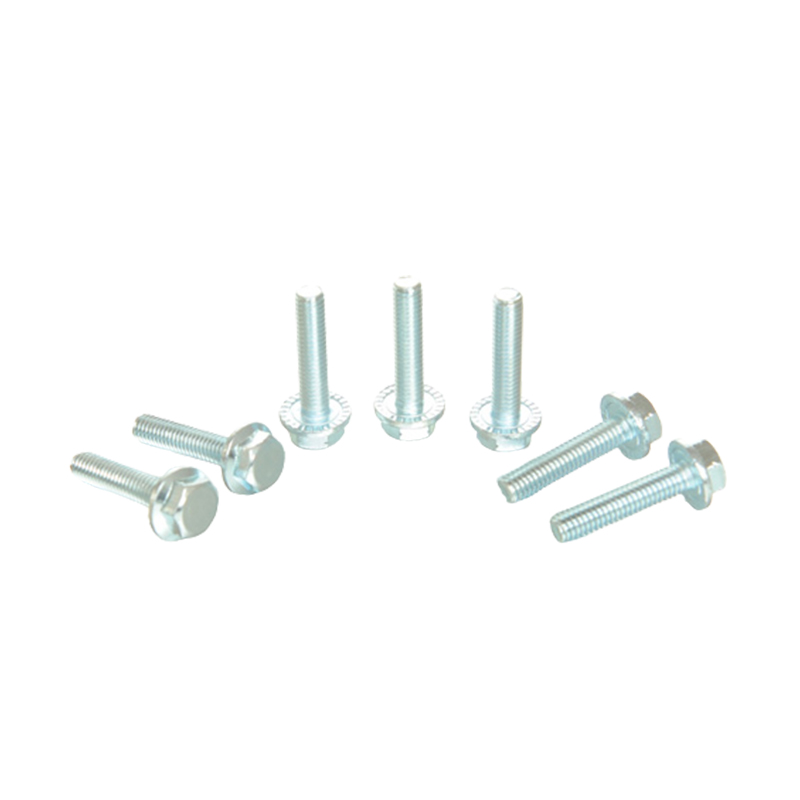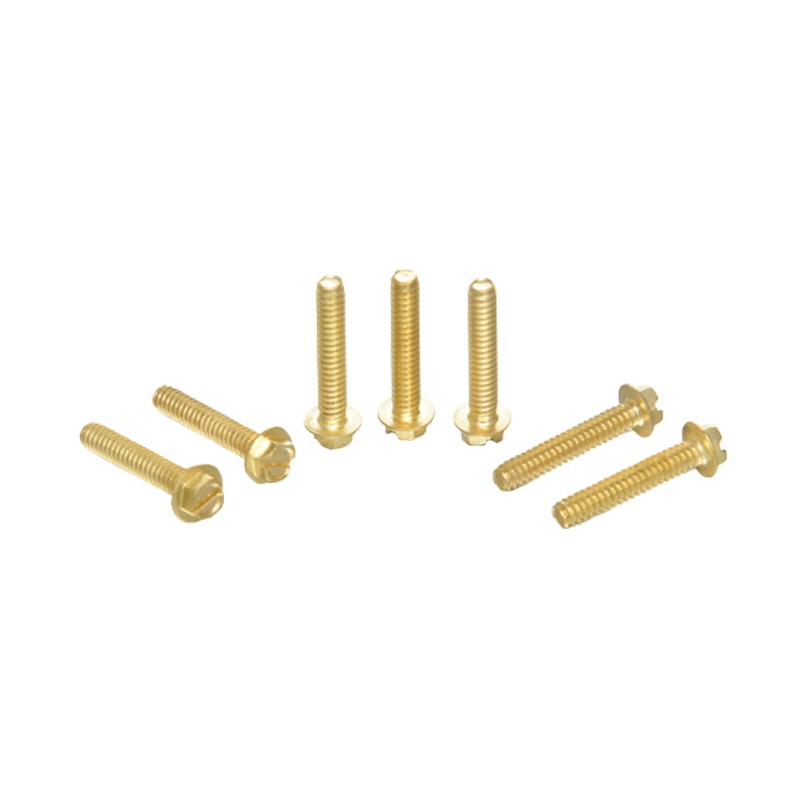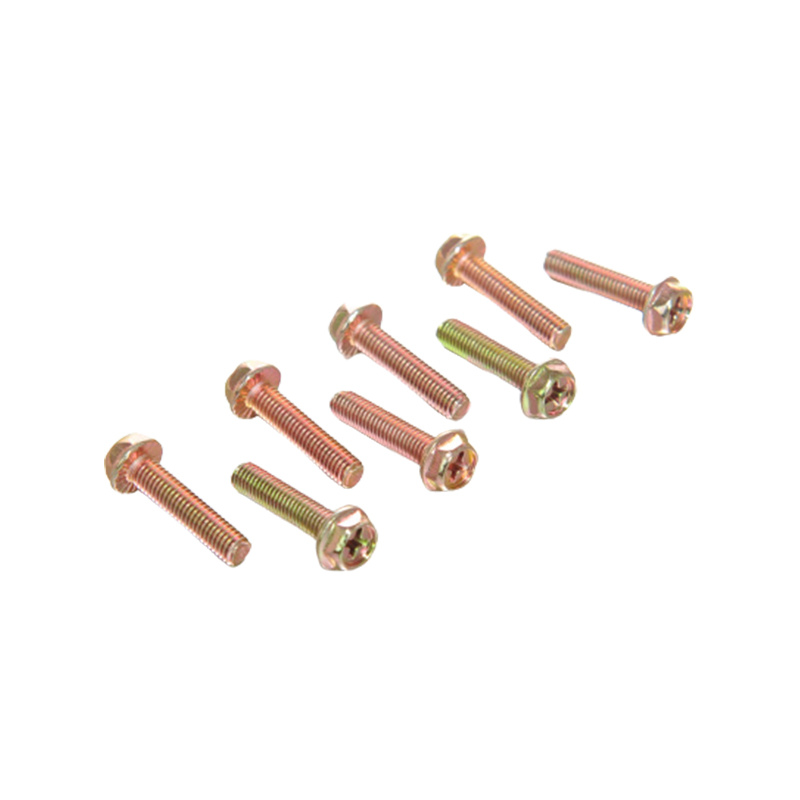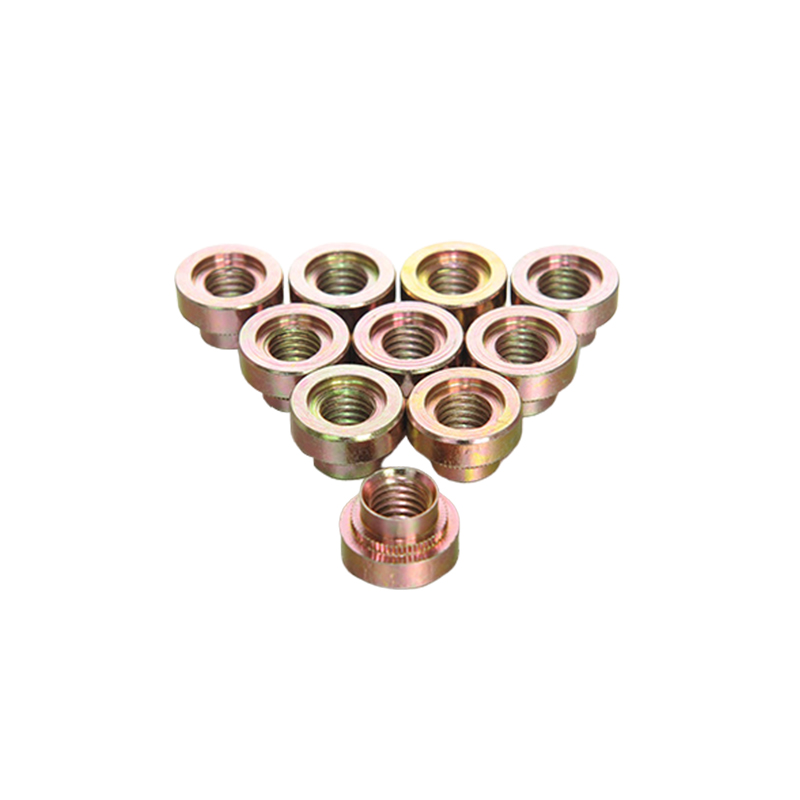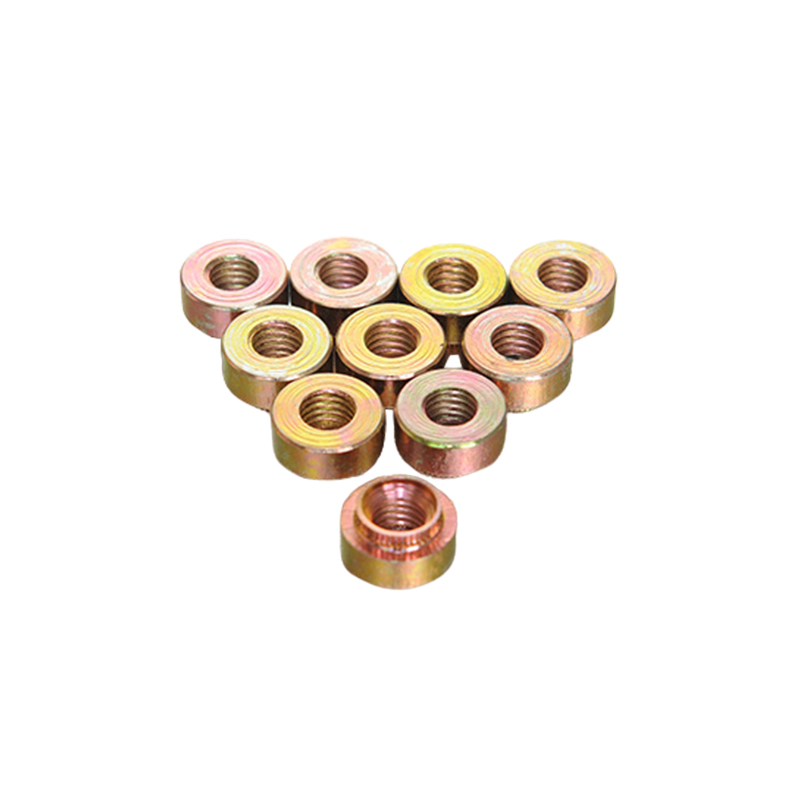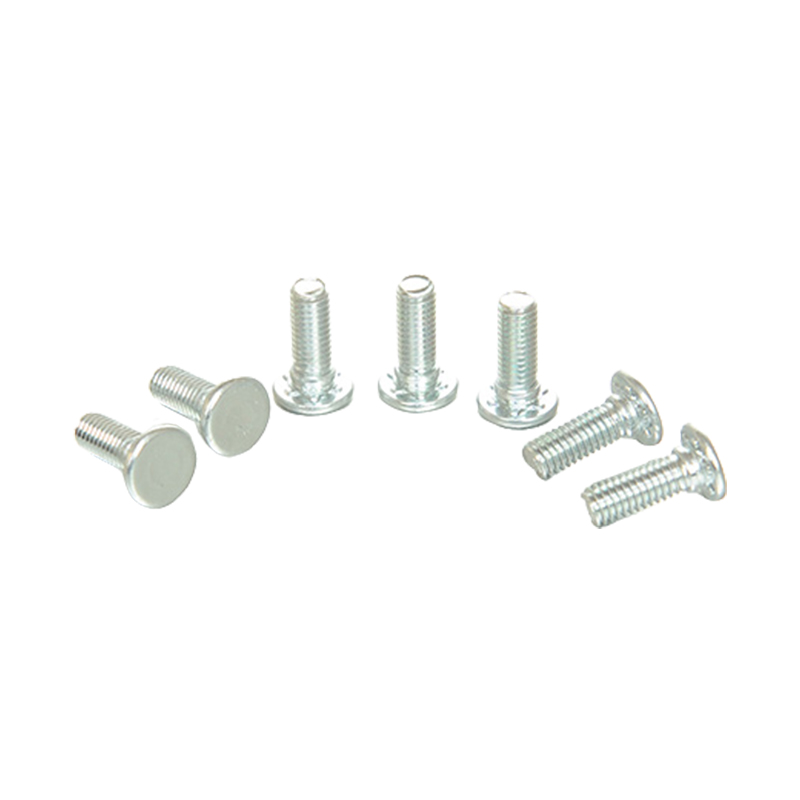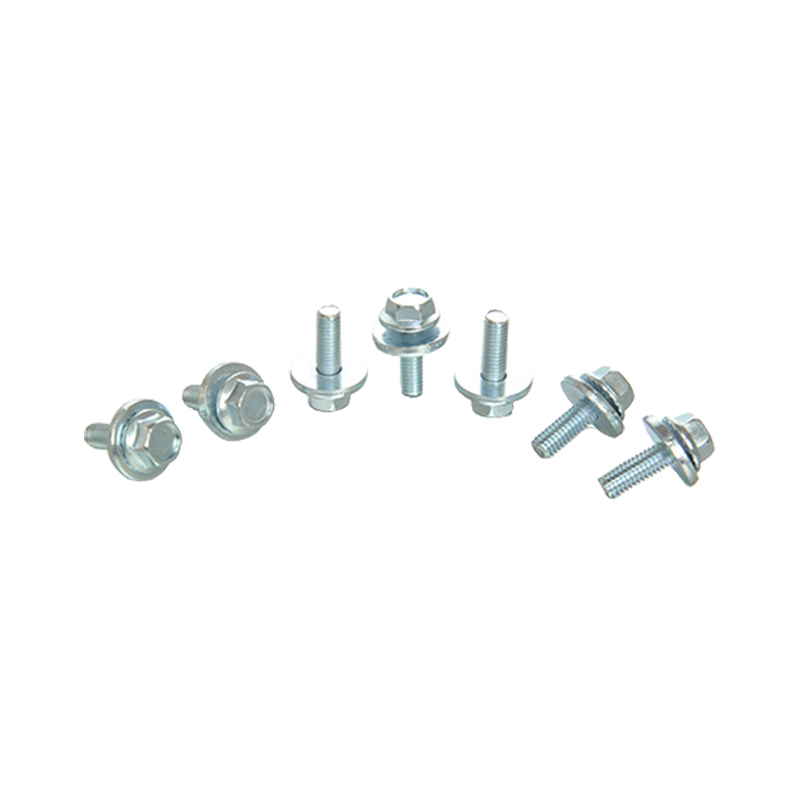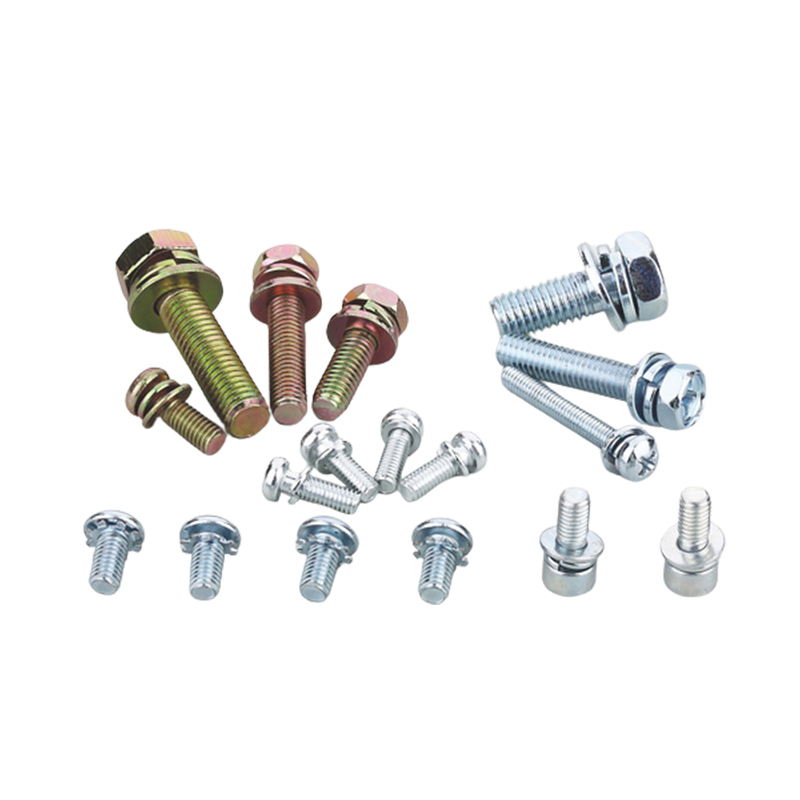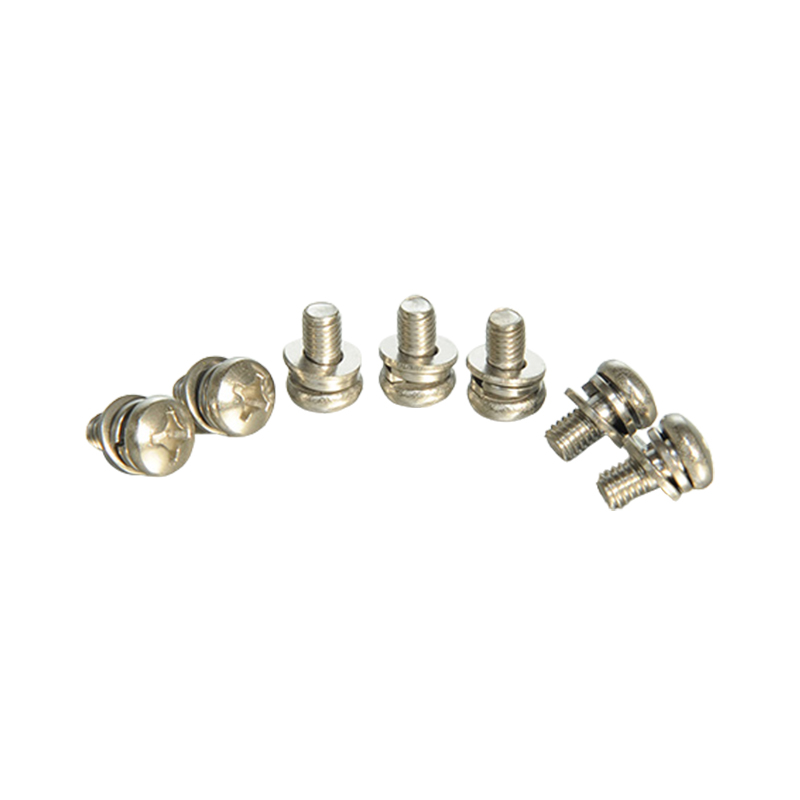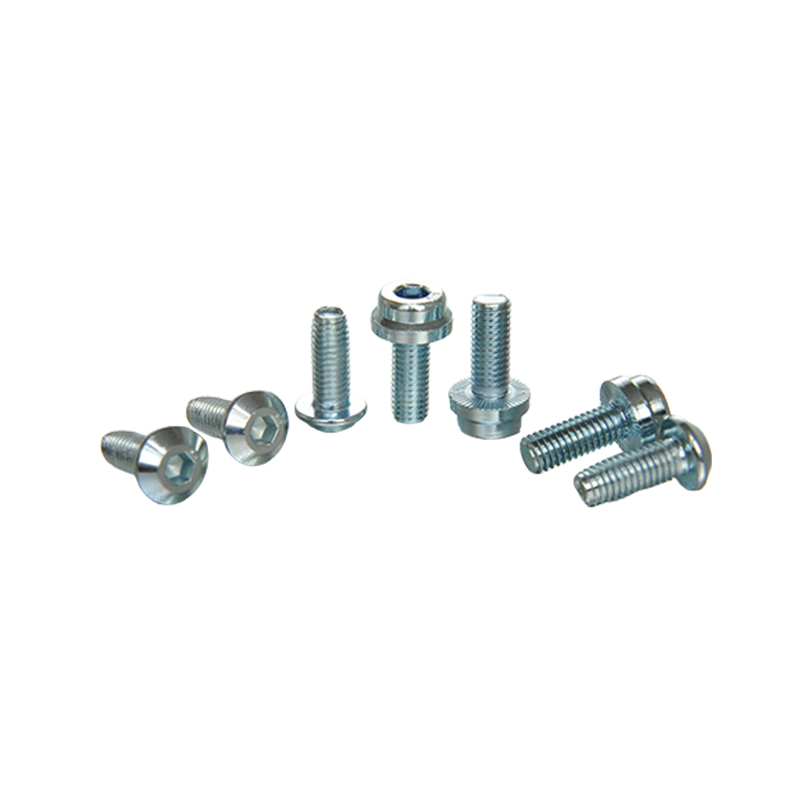Introduction to Hex Flange Socket Cap Screws
Hex flange socket cap screws are fasteners designed to provide secure connections in machinery and equipment. They combine the features of a hex socket head with an integrated flange, distributing the clamping load over a larger surface area. This design reduces the risk of material deformation and improves joint stability. Hex flange socket cap screws are commonly used in applications where reliability and precision are essential, including industrial machinery, automotive components, and equipment subjected to vibration or high mechanical loads.
Design Features and Benefits
The integrated flange on hex flange socket cap screws allows the fastener to exert a more uniform pressure on the surface, eliminating the need for separate washers in many cases. The hex socket design enables high torque application using an Allen wrench, providing controlled tightening and minimizing the risk of stripping the fastener head. These screws are made from various materials such as stainless steel, alloy steel, and high-strength steel, which provide the mechanical properties required for high-load applications. Their design also helps maintain tight joints under vibration, reducing loosening over time.
Suitability for High-Vibration Machinery
High-vibration machinery, such as engines, compressors, or industrial motors, requires fasteners that can resist loosening caused by repeated dynamic forces. Hex flange socket cap screws are well-suited for these environments due to the combined effect of the flange and precise torque application. The flange increases surface contact, which distributes the load and mitigates stress concentrations that could otherwise lead to fatigue or joint failure. Additionally, the hex socket allows for precise torque control during installation, ensuring consistent preload and minimizing the likelihood of self-loosening under vibrational forces.
Performance Under High Load Conditions
Hex flange socket cap screws are capable of handling high-load conditions due to their material strength and design geometry. The flange helps reduce the risk of indentation or deformation on softer materials, while the threaded shaft maintains tensile strength. When used in machinery parts subjected to axial or shear loads, these screws provide consistent clamping force and maintain the structural integrity of the assembly. Their ability to sustain high clamping loads without slipping or stripping makes them suitable for critical mechanical connections where safety and reliability are priorities.
Material Considerations
The performance of hex flange socket cap screws in high-vibration or high-load applications is significantly influenced by the choice of material. Stainless steel screws offer corrosion resistance and moderate strength, making them suitable for environments with moisture or chemical exposure. Alloy steel and high-strength steel variants provide higher tensile and yield strength, making them suitable for heavy machinery or automotive components. Heat-treated versions further enhance fatigue resistance and reduce the risk of thread failure under repetitive loading. Proper material selection is essential to ensure the screw meets the mechanical demands of the specific application.
Installation Techniques and Torque Control
Proper installation is critical for maximizing the performance of hex flange socket cap screws in high-vibration and high-load settings. Using a calibrated torque wrench ensures that the screws are tightened to the manufacturer's recommended torque specification, which provides the correct preload without overstressing the threads or the material. Over-tightening can cause deformation or breakage, while under-tightening can lead to loosening under dynamic loads. In some applications, thread-locking compounds or anti-vibration washers may be used alongside the screws to enhance stability.
Comparison Table: Hex Flange Socket Cap Screws vs. Standard Hex Cap Screws
The following table outlines key differences between hex flange socket cap screws and standard hex cap screws in terms of performance and application:
| Feature | Hex Flange Socket Cap Screw | Standard Hex Cap Screw |
|---|---|---|
| Load Distribution | Flange distributes load over a larger surface area | Load concentrated on bolt head, often requires a washer |
| Torque Application | Hex socket allows precise torque control | Standard hex head, requires wrench, less precise torque |
| Vibration Resistance | Higher due to flange and consistent preload | Moderate, may require locking washers or thread-locking |
| Material Options | Stainless steel, alloy steel, high-strength steel, heat-treated | Wide range, but flange effect absent |
| Surface Protection | Flange reduces risk of material indentation | Requires washer to prevent surface damage |
| Ease of Installation | Requires Allen key, may need torque wrench for precision | Uses standard wrench, less torque precision |
Applications in Machinery and Equipment
Hex flange socket cap screws are widely used in various industries and types of equipment. In automotive engines, they secure components such as manifolds, brackets, and transmission parts, where vibration is frequent. In industrial machinery, these screws hold gears, couplings, and heavy-duty frames together, maintaining structural integrity under high mechanical loads. They are also used in robotics, compressors, and construction equipment where repeated dynamic forces and heavy loads necessitate reliable fasteners. Their versatility makes them a preferred choice for machinery assemblies that require both high load capacity and vibration resistance.
Maintenance and Longevity
Regular inspection of hex flange socket cap screws is important in high-vibration and high-load environments. Checking for signs of loosening, thread wear, or material fatigue can prevent equipment failure. Proper lubrication of threads and periodic retightening according to specified torque values ensures that the screws maintain their clamping force. When combined with durable materials and proper installation, hex flange socket cap screws offer long service life, reducing maintenance frequency and contributing to the reliability of machinery operations.


